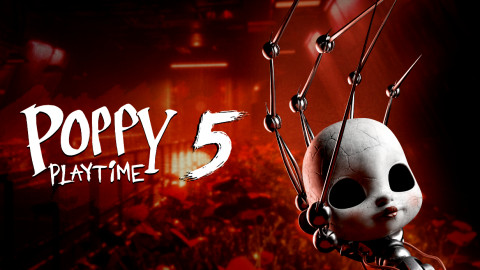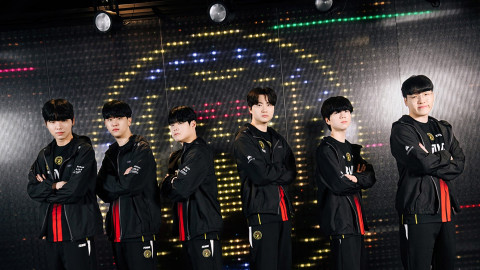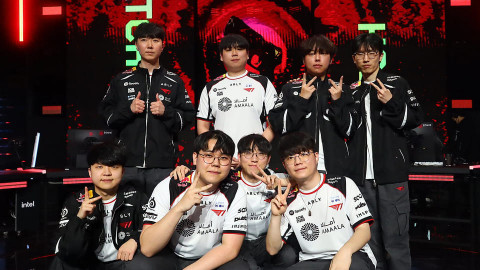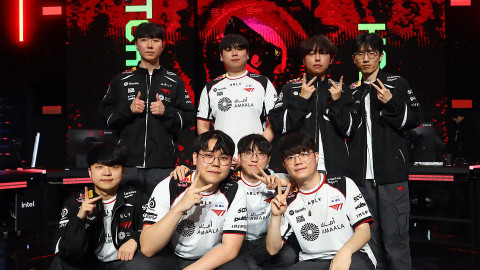
In 2020, the Smash scene did its best to fight and survive one of its most tumultuous years. And in these early days of a new and, hopefully, better 2021, Inven Global sets to take one last, reminiscent look at the whirlpool of a year that was 2020. And what better way to do it than to give out some end-of-year (though technically start of the year now...) awards?
We're happy to announce the inaugural edition of the Inven Global Awards (IGA). Voted by long-time Smash writers and journalists, the IGA's are awarded to the best players, talent, and stories in competitive Smash Melee for 2020. Today, we present you the first of those categories: the "Best stories and worst dramas" award, remembering the events — both good and bad — that defined Melee last year.
* * *

It’s fair to say 2020 was a slightly turbulent time for the world in general, and esports was unable to escape that reality. Restrictions meant that live events disappeared overnight, with only a few able to return in any way before 2020 was over. For games like Melee there was an even bigger risk due to the lack of any widespread online matchmaking tools.
Step forward one Jas "Fizzi" Laferriere, a Canadian-born software engineer with a passion for Smash. A couple of years back, Fizzi sets off to create a tool to help analyze Melee matches. He ended up allowing top NA pros to get proper online practice during lockdown periods, as well as compete in online matches that were virtually indistinguishable from the "real" LAN product.
In short, Project Slippi brought online matchmaking to the Melee masses at a time when there was basically no chance of LAN tournaments, and kickstarted a wave of efforts to get new players into the game. The importance of that cannot be overstated for Melee, which was in a difficult spot going into 2020, and has never had "real" online competition. For that reason Fizzi’s masterpiece has to be the best thing to happen to Melee in 2020.
In terms of landmarks for Melee, Slippi could end up being the biggest thing to happen to the game since Travis "Samox" Beauchamp’s original Smash Bros documentary. 2020 saw the long-awaited release of the follow-up series Metagame, by the same creator. At times controversial, the documentary chose not to shy away from the more unsavory moments in Melee history, as well as telling a fascinating tale around the likes of Armada, Mango, PPMD, and more.
While the reception was mixed, it tended to be the players that were exposed (and their fans) as having been toxic or worse that were most critical of the documentary, for obvious reasons, which sadly took an emotional toll on the producer. His film brought attention to the scene from far and wide, and once again, he has created a narrative around the game that managed to appeal to a wider audience than Melee is accustomed to.

It would be unfair and impossible to focus on any single individual or group as the worst thing to happen to Smash in 2020, but the revelations about abusive and predatory behavior from massive names in the scene that rocked the game over the #MeToo summer left long scars that will take years to heal.
It is fair to point out that the biggest names exposed came from the Smash 4/Ultimate scene, but there were plenty of players and talent from the Melee scene that faced accusations too. The sheer number of cases eventually overwhelmed voluntary groups attempting to mediate, and there were also a few occasions where it seemed as though false accusations were made in an attempt to settle old scores, further muddying the waters.
It would be great to say the denouement was at least edifying, but when the dust had settled it was hard to tell if the problem for Smash had been solved or if the scene had just scraped the worst offenders off the surface while leaving the roots of evil firmly in place. There are still allegedly lawsuits being pressed and names waiting to be cleared too, so it could be some time before we know the full extent of the issue — if in fact we ever do.
Because this is a segment about the worst stories in Smash Bros, we have to talk about Nintendo. Yep, that’s right: The owners and publishers of one of the oldest, most storied, and beloved esports titles in the world once again made an effort to hamper or outright kill competitive Melee in 2020, this time by shutting down an event over their use of the aforementioned Project Slippi technology.
The Big House is one of Smash’s home-grown majors, a fantastic event that has grown in importance over the years to be arguably the biggest event in Smash today. In 2020, it was also a bright point on the calendar for both Melee and Ultimate, but Nintendo chose to hide behind an argument about emulation in order to cancel the online Melee part of the event, leading to TOs being forced to call off the entire shebang.
While it’s far from the first time the Japanese dinosaurs have chosen to stamp their feet and hurt the scene, it was a particularly egregious time for Sakurai and his mates to rain on Melee’s parade, and further highlighted the insane barriers Melee faces just to exist as an esport. Other publishers pour in millions to support their scenes, but Nintendo has remained as out of touch and hostile toward the community as they were back when they tried to prevent Evo from running Melee all those years ago.
* * *
Overall though, 2020 was a year where Melee could have collapsed under the weight of negativity, but once again the game shone through and proved it is the real star of the show. With Zain reigning as the new king of Smash and advancing the meta in ways that made Fox mains everywhere clutch at their pearls, new talents emerging in the netplay era and new ways to practice and improve, there is much to be positive about moving into 2021 and beyond.
Sort by:
Comments :0






